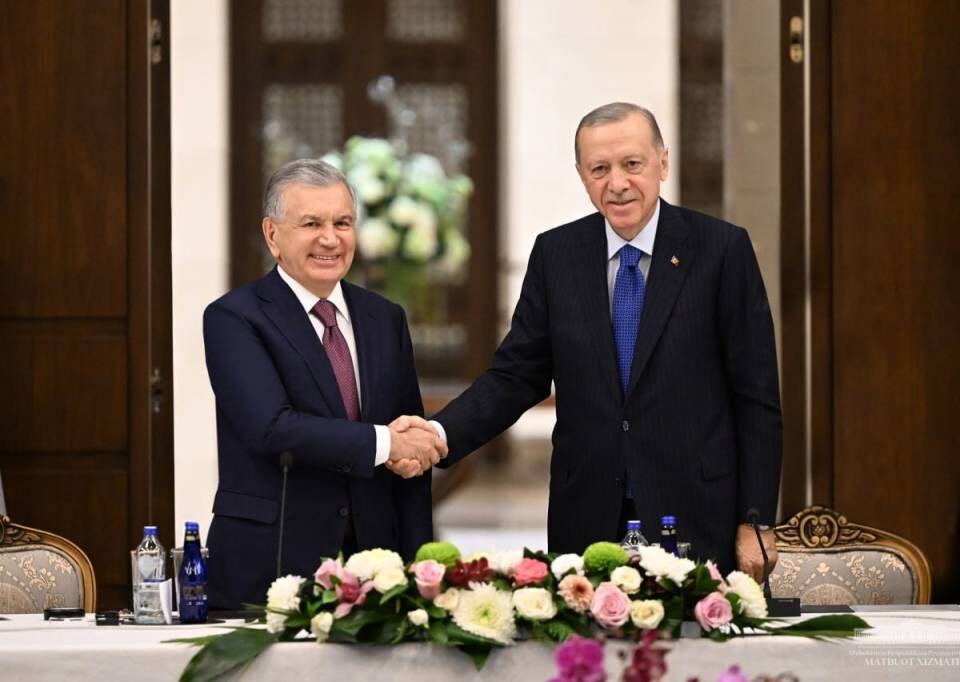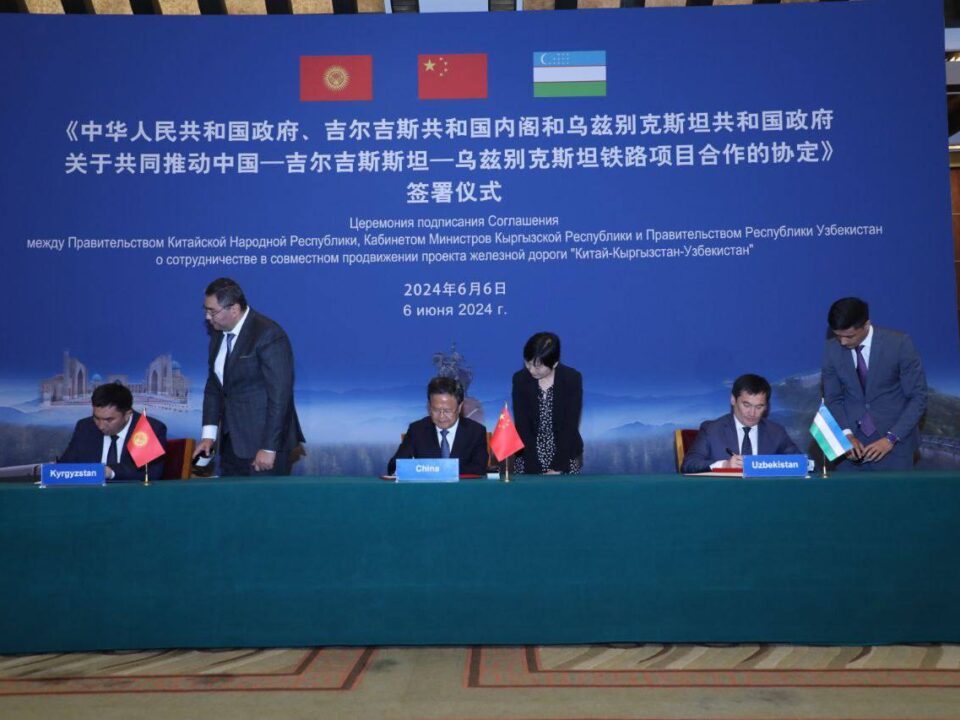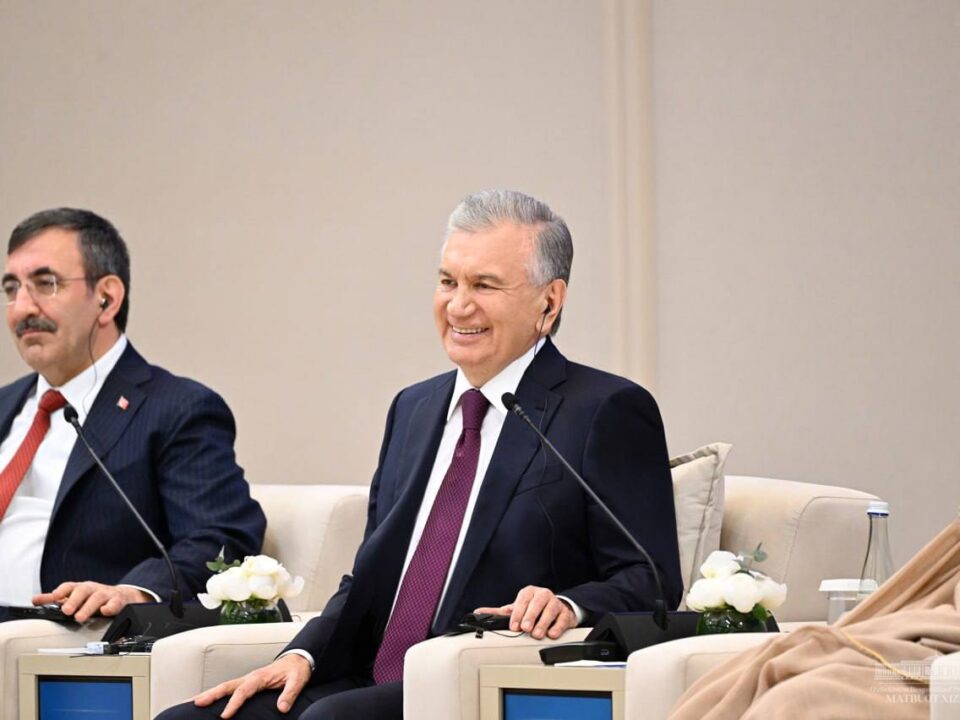By 2020, Uzbekistan intends to switch to the full processing of cotton fiber harvested in the country.
These objectives are envisaged in the program of measures for the further development of the textile, garment and knitwear industry in the years 2017-2019, approved by the head of state.
In 1991, the volume of cotton fiber processing in Uzbekistan was no more than 7%, the figure reached 40% in 2016. Today the enterprises of the sector export textile products to more than 50 countries. In recent years, export supplies were launched to Brazil, Nigeria, Croatia, Chile and other countries.
“The program provides for the transition by 2020 to complete processing of cotton fiber harvested in our country, increase industrial production more than 2.7 times, the supply of products to the domestic and foreign markets. This will create the reflection of a competitive domestic textile industry and confidently enter the world trading floors,” said Sanjar Tukhtayev, deputy head of department at Uzbekyengilsanoat.
Analysis shows that the yarn accounts now for almost 50% of exports. Priority is boosting the exports of products with higher added value due to the gradual reduction of yarn exports. Currently, the share of finished products in the total production is 47%, in the future it is planned to increase this figure to 65.5%, enhance the share of ready-made goods in the structure of exports from 41 to 70%.
As part of the program, in the 2017-2020 period, more than $ 2.2 billion of investments will be attracted to the sector, almost half of them foreign. This will help set up special textile complexes, acting on the basis of the four-stage system that includes all procedures from processing to production of finished products, as well as more than 27 thousand new jobs. It is also planned to organize 120 new and upgrade more than 10 existing enterprises.
One of the key features of the program is the development and introduction of new industry standards for design and construction of textile enterprises on the basis of foreign experience. These norms will ensure lower costs for construction and assembly works and the preferential use of local-origin building materials.
Another important point: the validity of the tax and customs incentives provided to encourage the processing of raw cotton has been extended till 1 January 2020.
Experts estimate that by 2020, cotton yarn will be fully processed at domestic enterprises. As a result, significant reduction will be achieved in exports of textile semi-finished and finished products and 2.1 times growth in exports.


























